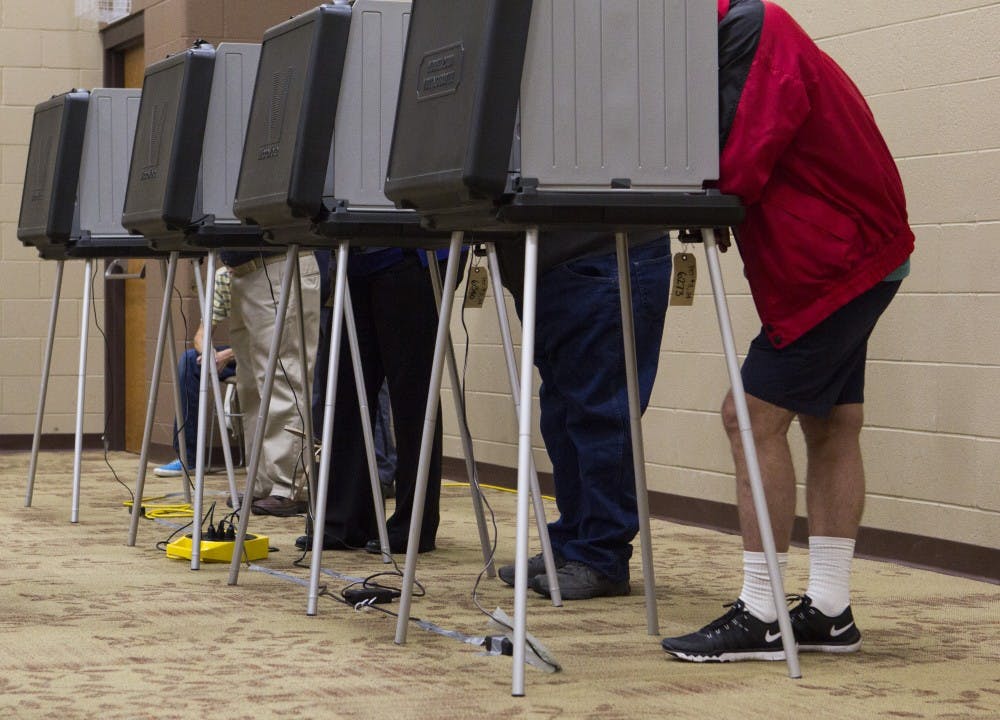Having an all-Republican controlled government could give President-elect Donald Trump the flexibility to push more conservative measures once he takes office.
Andy Downs, director of the Mike Downs Center for Indiana Politics at IPFW, said presidents who have their party backing them in Congress tend to be more successful at pushing their agenda forward.
This, however, could differ for Trump, Downs said. Because of the visible disagreements he’s had within his own party during his campaign, Congress could end up fighting him on issues.
It could even go as far, he said, as Congress deciding to take over and become more dominant. While it’s hard to imagine a scenario where that happens, it is possible, he said.
“We may get to watch [that struggle] more openly than we would have, given the president-elect’s desire to tweet and speak publicly in ways his staff may not want,” Downs said.
Already, Senate Majority Leader Mitch McConnell has shot down some of Trump’s plans, according to NPR. McConnell said Trump’s plan for term limits in Congress will not be on the Senate agenda, and said his infrastructure plans weren’t a top priority.
But as for the impact the unified, Republican-controlled structure will have on the country? It’s too early to tell, Downs said.
“There’s obviously some indication that people should expect things to move in a conservative direction,” Downs said.
RELATED: What do students see in the future of the country?
That may even mean undoing legislation current President Barack Obama has passed, like the Affordable Care Act. Trump vowed to “cancel every unconstitutional executive action, memorandum and order issued by President Obama” in his 100-day action plan he released in October.
It also looks like the Republicans are going to be able to control the Supreme Court, along with Congress and the White House, said Joseph Losco, director of the Bowen Center for Public Affairs at Ball State. Trump will also be able to choose the justice who replaces Antonin Scalia's spot.
“There will be a real period of adjustment here,” Losco said. “He’s got to govern, and in governing you have to make some deals and compromises with people in your own party.”
These Washington changes were not expected to occur in the election, however. The polls predicted success for Democrats, which did obviously did not pan out when the actual results came in. This, Downs said, is because of the swing states that were predicting narrow victories, some even within the margin of error.
“The polls were still pretty accurate, but what they got wrong was a winner,” Downs said. “People overstated what the polls said.”
Along with that, the Democrats didn’t have the voter turnout they were hoping for, and Hillary Clinton didn’t perform as well in certain demographic groups as planned.
But overall, Americans lack consensus on whether having a unified structure is better for the country or not, according to a 2014 Gallup poll. Thirty percent said it’s better to have a one-party government, and 28 percent said a divided government is better. But 37 percent said it made no difference.
Overall, it will just depends on how Congress and Trump end up working together.
“It depends if there’s a struggle,” Losco said. “His victory was pretty convincing, and that may bring a lot of Republicans over to his side, but we’ll have to wait.”





